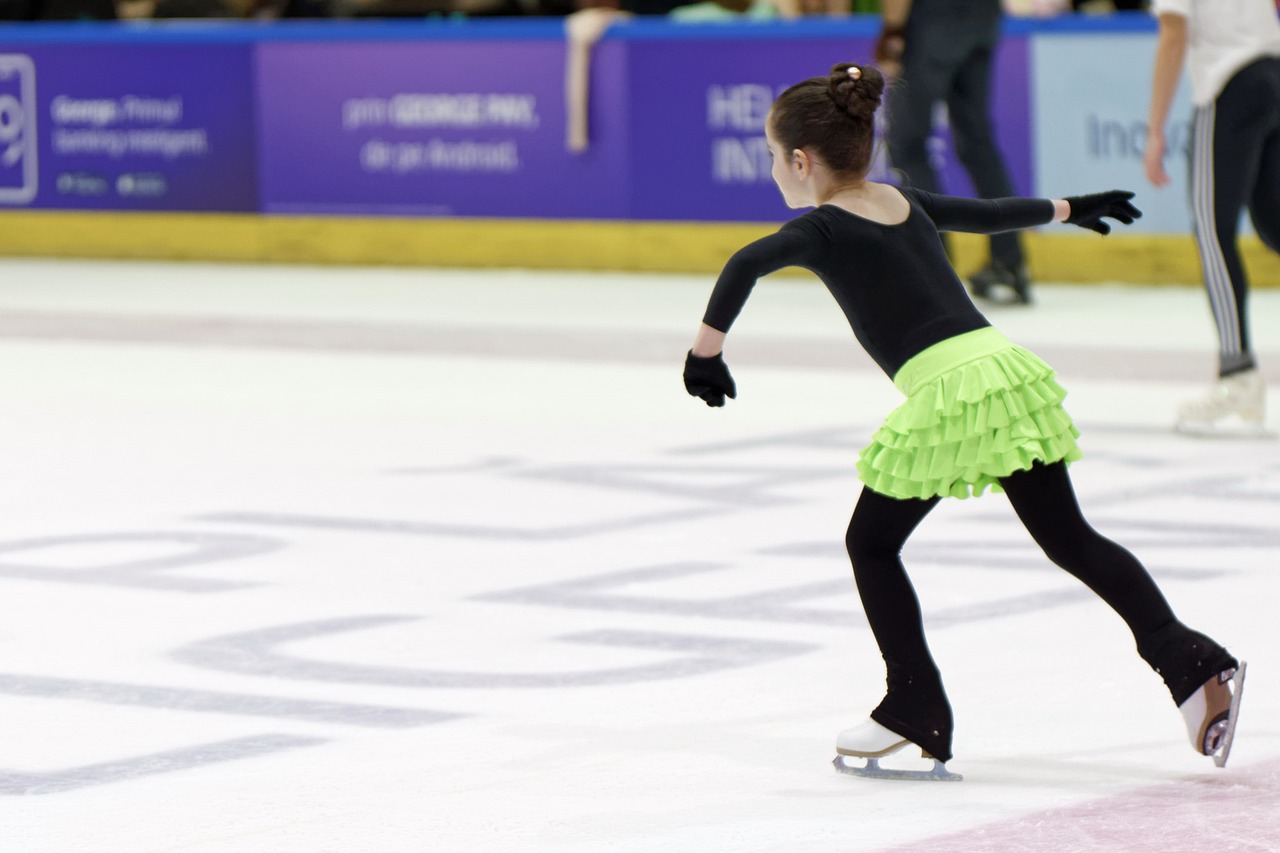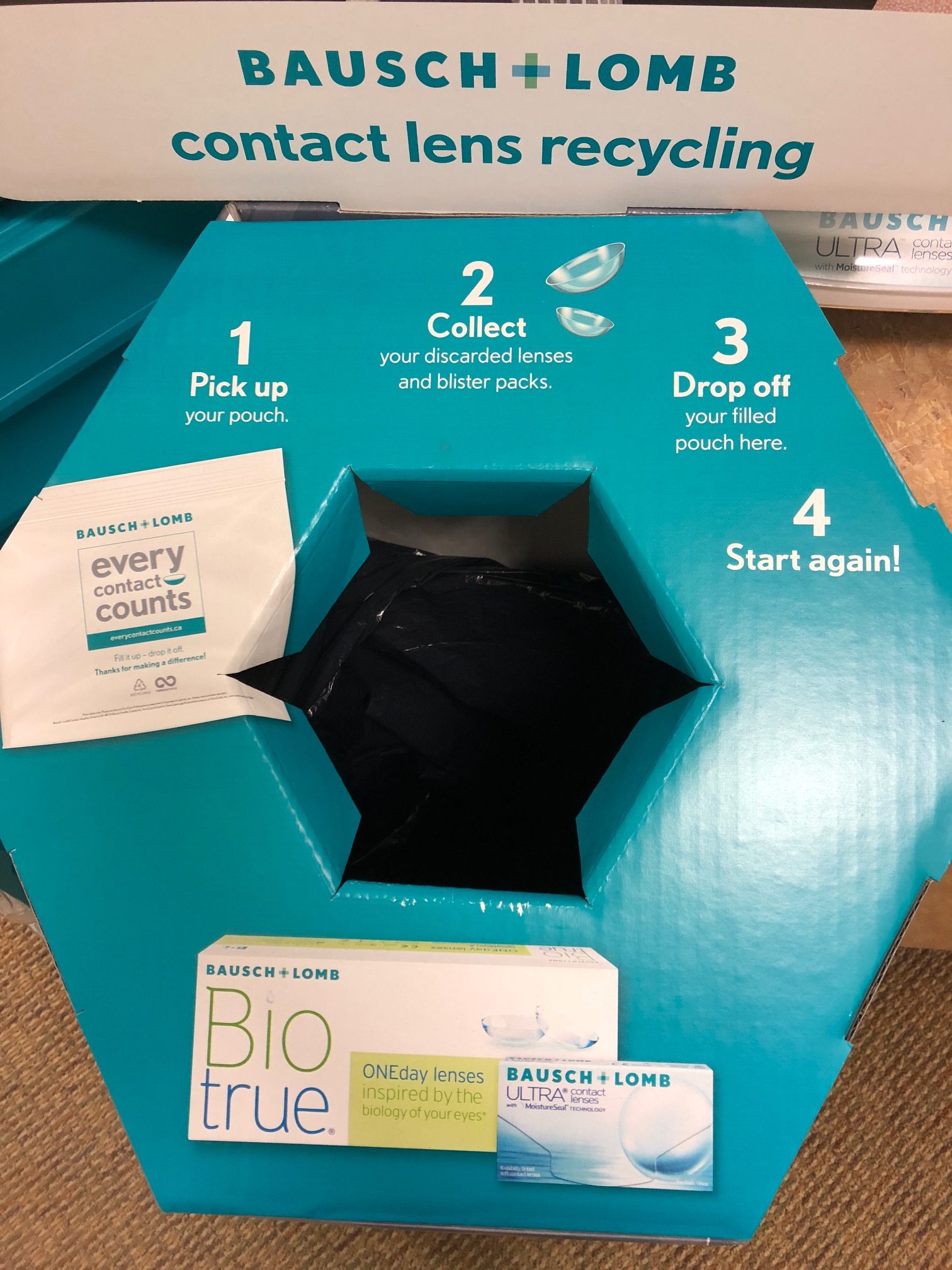Do I Need To Get An Eye Exam?
It’s more than just an eye exam – it’s a checkup of your overall health! ❤️ Start the New Year strong with a visit
to the optometrist and #BeSeenIn2020 👀
It’s Time to Visit Your Optometrist
When thinking of a New Year’s resolution consider the health of your eyes.
Booking an eye exam is a simple resolution that, easy to keep — and it can help protect more than just your vision, but your overall health and wellness too. Let, look at why you should be seen by your optometrist in 2020.
1. It’s About More Than Just Your Vision: The importance of regular eye exams goes well beyond just making sure your vision isn’t blurry. Of course assessing and correcting vision issues is important particularly as we age, but your optometrist is also trained to look at the health of your eyes and can properly diagnose and treat many types of eye disease.
2. Early Detection of Eye Diseases and Conditions: Even if you don’t use prescription eyewear, regular eye exams are still important. Eye diseases can creep up on you with little warning for example, glaucoma and macular degeneration — two of the leading causes of blindness in Canada — show no signs or symptoms until it’s too late. With regular eye exams, optometrists can help detect and treat conditions early, before they lead to permanent vision loss.
3. Detection of Health Problems in Other Areas of the Body: Not only can an optometrist detect changes in your eyes that may indicate a problem you haven’t even noticed, but they can also detect systemic diseases that aren’t yet showing obvious symptoms like cancer, diabetes or high blood pressure. In fact, your optometrist can often detect these health problems before your family doctor!
4. Preserve Vision to Stay Independent and Safe: Losing your ability to see can greatly affect your daily life. It can make regular activities difficult and lead to social isolation, early retirement, and placement into a long-term care home. Vision loss can also increase the risk of falls and injuries. With the help of your optometrist, you can maintain your vision, be independent, and stay safe.
5. Your Optometrist The Ontario Association of Optometrists recommends adults have a comprehensive eye exam every one to two years, or as recommended by their optometrist. For those 65 and over, exams are covered under OHIP every 12 months.






